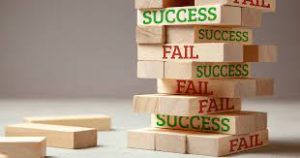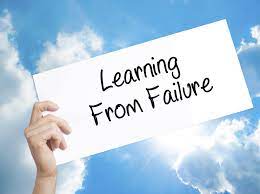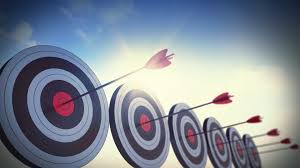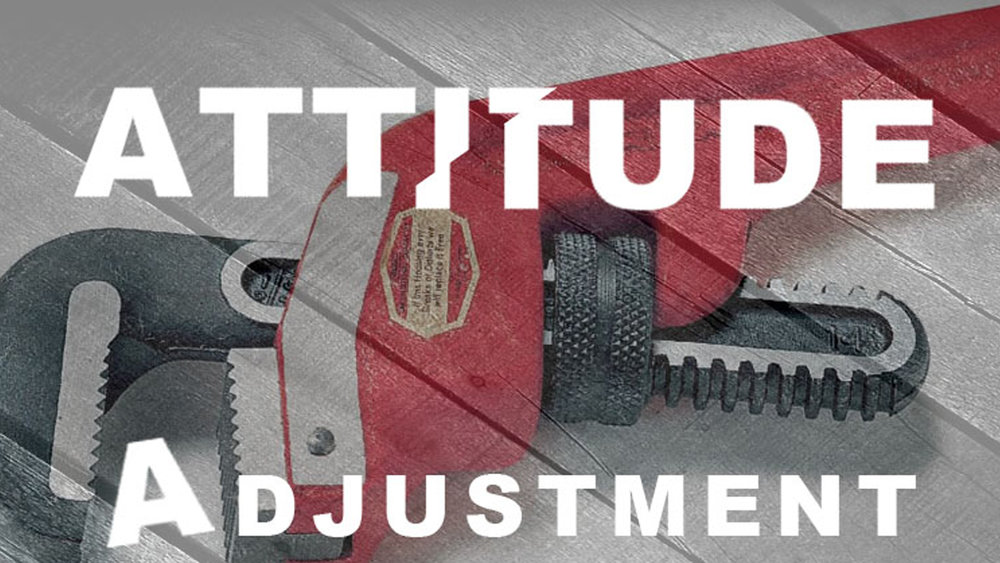
When achievers fail, they see it as a momentary event, not a lifelong epidemic. – John Maxwell
In 2014’s Oscar-winning film Birdman, Michael Keaton plays a washed-out actor trying to start his life again after a series of failed roles. But his efforts are haunted by the voice of the Birdman, the superhero role that had made him famous in his youth. The voice in his head tells him a story about his life- a story about failure and missed chances.
It taunts him with memories of what he was and what he could have been, but now isn’t. The continuing question running through the film is simple: Will he listen to that voice of a failure, or will he dare to believe that he can flourish again?
The story of the movie is one that plays out in the mind and imaginations of many leaders today.
You may relate to the character played by Michael Keaton and wonder if you have squandered too many opportunities in the past and doubt if or if you will ever flourish again.
In order to answer those lingering doubts and questions you may have, I believe it all hinges on your reaction to and outlook on failure. In other words, do you see the value in failure? Do you see the growth opportunities that come to you only because you did fail that otherwise, you may have missed out on? I want to explore two specific ways why valuing failure is important to you as a leader.
Value failure for what you learn
Tom Watson, Sr. is the man who founded IBM. Once, many years ago, he had a top junior executive who had spent $12 million of the company’s money on a venture that failed.
The executive put his resignation on Watson’s desk and said, “I’m sure you want my resignation.” Watson roared back, “No, I don’t want your resignation. I’ve just spent $12 million educating you. It’s about time you get to work.”
It’s been said that experience is a great teacher. So is failure. But most of us don’t like experiencing failures. I get it. But when you see failure as part of the stepping stones towards success your outlook will change. Failures and setbacks are part of your journey so the question becomes what will you learn when they happen. 
One of the most valuable things you learn from your failures and mistakes is what you learn about yourself. When you know your strengths and weaknesses it helps you move forward in a smarter and more productive manner.
John Wooden said, “It’s what you learn after you know it all that counts,” and to that end, never despise learning and know that as long as you have a pulse, you have an opportunity to grow and learn.
Value failure for your personal growth
In his book, The 15 Invaluable Laws of Growth, John Maxwell states, “The greatest limitations people experience on their lives are usually the ones they impose upon themselves.” That statement is packed with so much truth and wisdom.
Let me ask you today – what limitations have you placed on your own personal growth and development that as a result is holding you back? What lies have you bought into that make you feel inferior?
Every leader I know has made mistakes and has experienced failure at some point in time. I know that I have made my fair share of mistakes and know what failure feels like. But here’s the truth you need to be reminded of: you experience failures – you are not a failure. You make mistakes – you are not a mistake.
The attitude you embrace and the mindset you establish fundamentally determine how failure will shape your leadership. When you welcome failure as your teacher it will help you grow and get better. But when you turn inward and see yourself as a failure then it will hold you back and defeat you.
Final Thoughts
Failure and learning go hand in hand. As leaders, it comes with the territory and is part of the journey. While we don’t intentionally or purposefully set out to fail we do know that it’s all a part of our humanity that we embrace. Especially as leaders. Welcome it. Learn from it. Grow from it.
©2022 Doug Dickerson


 you expect your people to follow you? Your goals and objectives have to be clear otherwise you’ll never hit your target.
you expect your people to follow you? Your goals and objectives have to be clear otherwise you’ll never hit your target.






